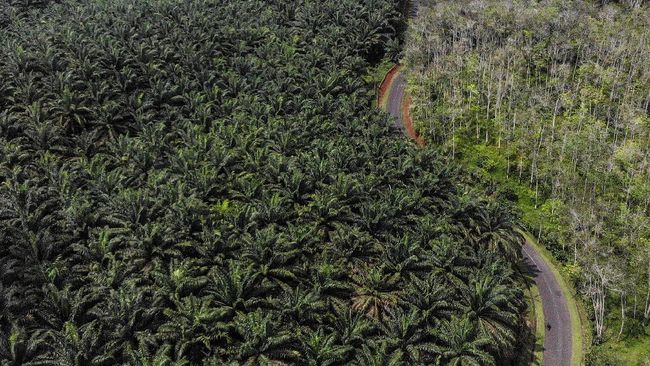Marked by rising inflation, demands for greater purchasing power were at the center of the traditional May 1 demonstrations this Sunday around the world, with incidents in France and arrests in Turkey.
Turkish riot police detained scores of protesters in Istanbul at a march authorities say was unauthorized.
In Paris, demonstrations turned violent as youths clashed with police and buildings were vandalized, though unions said more than 200,000 people took part in the rallies across France and they were generally peaceful.
Some 50 people were arrested in the protests in Paris.
May 1 is a holiday in many countries and there were events on all continents.
The demonstrations in Europe were the most controversial, with people gathered in Istanbul’s Taksim Square where they chanted “long live work and freedom, long live May 1”.
City authorities said the group refused to disperse and 164 were detained, while marches in other parts of Turkey were peaceful.
Scuffles were reported in some Italian cities, such as Turin, while thousands of people gathered in London and German cities with no signs of trouble.
In Spain, some 10,000 people demonstrated in Madrid and other cities in well-attended marches.
Spanish Labor Minister Yolanda Diaz, a communist, said she wanted to stand in solidarity with Ukrainian workers “who cannot protest.”
In Honduras, the leftist Xiomara Castro, new president, was received by thousands of people who cheered her. Castro responded by promising to govern for them and thus put an end to a “dark era” of corruption and drug trafficking.
In Buenos Aires, an act organized by the left expressed its rejection in Buenos Aires against the repayment of loans from the International Monetary Fund (IMF), while in another demonstration supporters of the Argentine government supported the policy of President Alberto Fernández.
There were also two different marches in Caracas, in one of which hospital workers and other basic service employees demanded a “dignified wage.”
“People, listen, join the fight” and Long live the workers!” were some of the slogans.
Meanwhile, thousands of supporters of the government of socialist President Nicolás Maduro celebrated the “economic recovery” of Venezuela.
Before a crowd, Maduro assured that “Venezuela is going to prosperity” after the “economic storm” caused by Washington’s financial sanctions, which include an oil embargo.
“This second half of 2022 we will be twice as better economically, the recovery is just beginning,” said the president.
In Chile there were also two different marches, one of which ended in incidents with the police.
Thousands took to the streets just days after the government of leftist President Gabriel Boric raised the minimum wage by 12.5%, which will reach 400,000 pesos ($470) a month starting in August. The goal of the president is to reach 500,000 pesos in 2026.
The climate was more hostile in Sri Lanka, where the opposition showed rare unity in calling for the resignation of President Gotabaya Rajapaksa over the worst economic crisis in the country’s history.
“It’s time we yanked him by the ear and kicked him out,” former lawmaker Hirunika Premachandra told a rally in Colombo.
South African President Cyril Ramaphosa also felt the disapproval firsthand. He had to leave an act when miners burst onto the stage where he was to speak and chanted “Cyril must go.”
burs-jxb/har/caw/st/mas-gm
–
:quality(70)/cloudfront-us-east-1.images.arcpublishing.com/gruponacion/IL7NHAQXPNFMTOD6SV75RZWXJA.png)

